For much of the last century, a young woman’s concept of artistic vocation was forged by the ballet. The dream of being fêted for a body that was drilled, starved and exercised into a perfect instrument was preeminent — until Maria Callas came along.
Daisy Goodwin’s fourth novel, Diva, is based on the life of Callas, whose affair with the other most famous Greek in the world, Aristotle Onassis, made her a worldwide celebrity. Her glamour and genius made her a superstar, but her life was crosshatched with tragedy. A singer’s voice, as her teacher told her, is like an amphora filled with golden coins: each time she sings, she is giving one gold coin away. Singing too much, too young, hastens destitution.
Made to sing for money as a child by her mother, Maria was transformed from a dumpy, pimply Greek kid in 1930s Manhattan to “La Divina” in the 1950s. How she achieved this is described in a fascinating story woven through America and Europe. It’s a story already described by biographies ranging from the reverential to the trashy: this year will also see a biopic starring Angelina Jolie.
Goodwin, the author of three previous historical novels set in Victorian Britain, is equally at home in the twentieth-century worlds of operatic theater and high society. Her Callas is both a formidable professional with a legendary temper and a vulnerable woman who, on the verge of middle age, discovers love and sexual pleasure for the first time.
Diva is mostly told through dialogue but with a spare descriptive style that allows for humor and pathos — and is unequivocal in presenting Callas as a heroine struggling, like Puccini’s Tosca, to choose between art and love. Rejected by Litza (the most monstrous in Goodwin’s series of appallingly selfish mothers) in favor of her pretty, blonde, insipid sister Jackie, Maria is tall, overweight, short-sighted, with “feet the size of pumpkins,” thick hair and a voice that comes as a divine gift.
“I didn’t bring you into this world for nothing. I gave birth to you, so you should maintain me,” Litza told her daughters, and as soon as she hears Maria sing “Danny Boy,” Litza realizes that her despised daughter has something special. Alas, this ugly duckling is never loved for herself, only for her voice. Then she meets Onassis, the billionaire tycoon and serial seducer of famous women.
Onassis woos her insistently. He sends hundreds of flowers and buys her the almost priceless Cartier necklace of yellow diamonds borrowed for her gala performance at the Paris Opera, only to throw it off his yacht when she resists being bought. Naturally, after this grand gesture, she succumbs. Blissfully happy, she dreams of marriage and a family with him. But Onassis, who doesn’t even bother to attend her performances, has a habit of giving his mistresses a gold bracelet — and before long Maria sees one waiting for her replacement.
It’s a great subject, oddly prefigured by the mother of George Eliot’s Daniel Deronda — also a great opera singer. Genius, vocation and beauty can’t protect Goodwin’s Maria from mortality or malice. She miscarries her child by Onassis and is betrayed by everyone apart from her maid and the director Franco Zeffirelli. Goodwin makes us feel the potent allure of the world of the flesh and the devil rather more than the exhaustion and exhilaration of singing bel canto. The designer dresses, the fabulous jewels, yachts, Venetian hotels and famous real-life people of the 1960s are all gorgeously evoked, as are the singer’s pride, passion and insecurity.
At the heart of Callas’s genius is a mystery. Was she a great singing actress, as Judi Dench has put it, or a great acting singer? We have only YouTube glimpses of what she was like on stage, exuding a passionate intensity in each role even as her costumes and mannerisms feel dated; by the time she was persuaded to appear in Pier Paolo Pasolini’s 1969 film Medea, she was past her best. Her recordings still overwhelm many listeners. Callas insisted on being treated seriously, saying, “I am not an angel and do not pretend to be. That is not one of my roles. But I am not the devil either. I am a woman and a serious artist, and I would like so to be judged.”
Diva leaves Callas when her nine-year affair with Onassis ends, following his engagement to the even more famous Jackie Kennedy. Her affair with Ari has “meant that her last performances were the best she had ever given,” we are told, though not every opera buff would agree. Diva downplays the more harrowing aspects of the singer’s life (such as drug abuse, suicide attempts and the way her mother not only prostituted herself but tried to sell her daughter’s virginity during the war) in favor of the feminist — or romantic — hope that a woman might free herself by choosing art over love. It is a good message in an irresistibly entertaining novel, even if one suspects it’s not the whole truth.
This article was originally published in The Spectator’s January 2024 World edition.



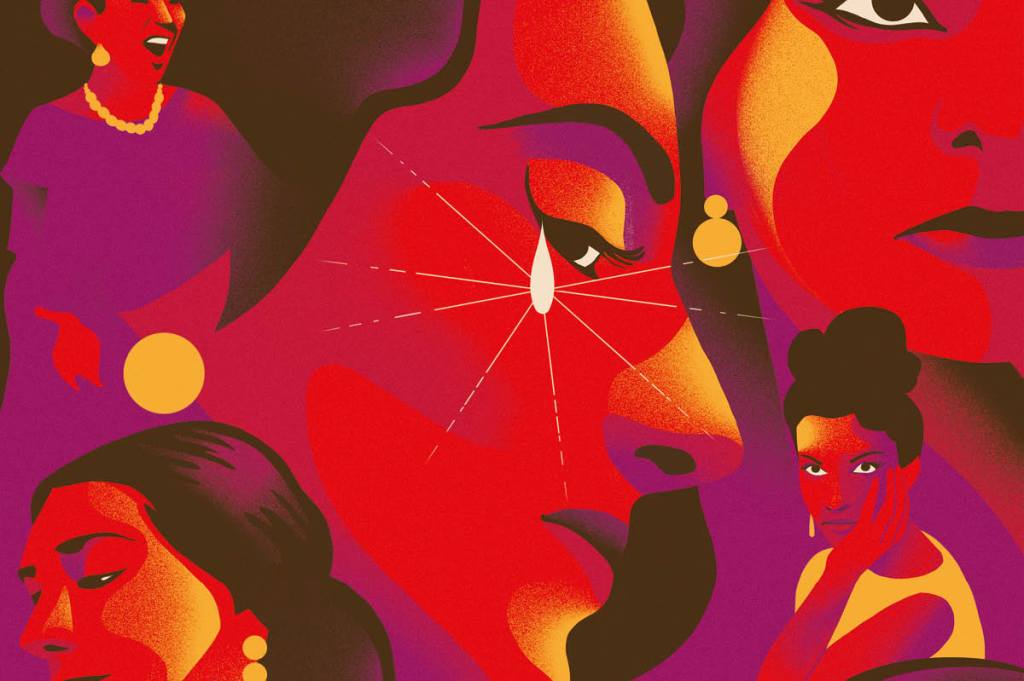






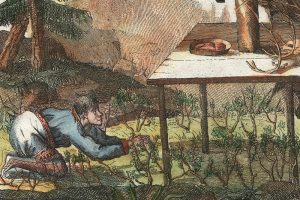
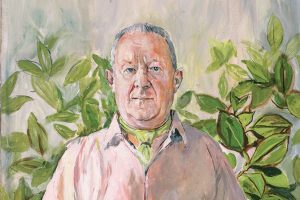




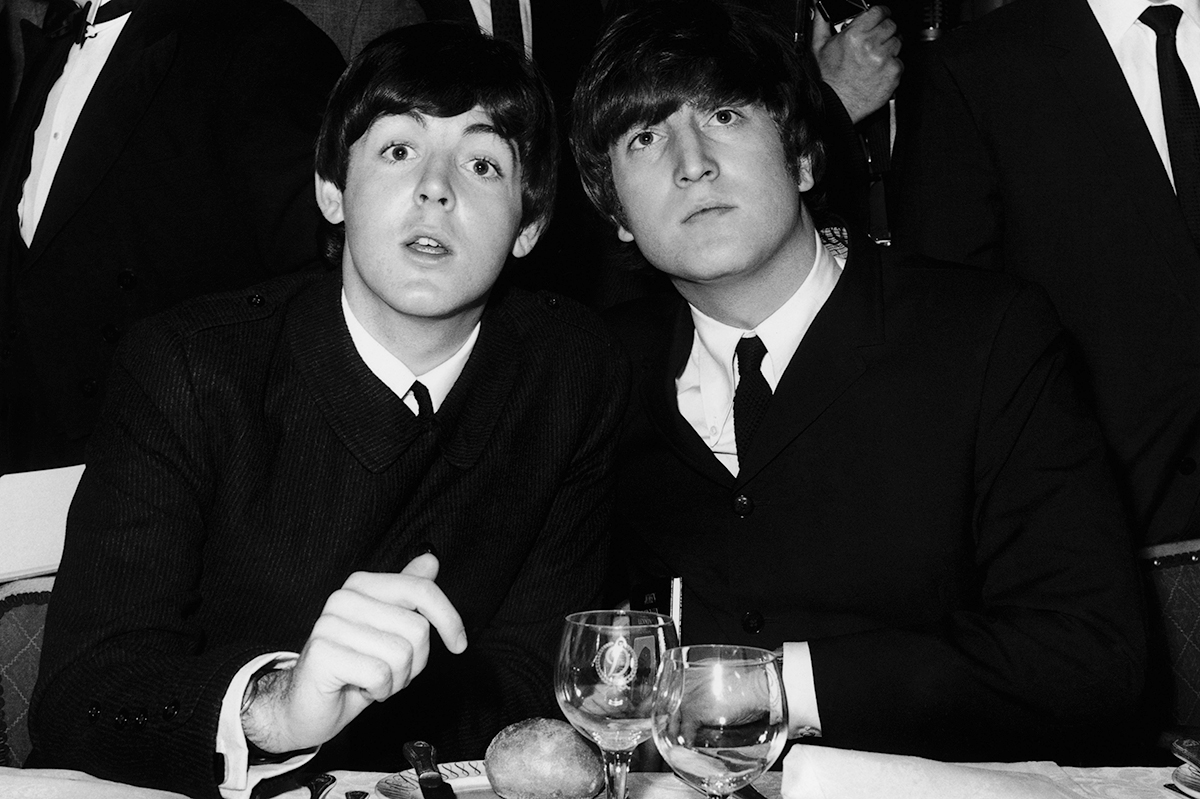
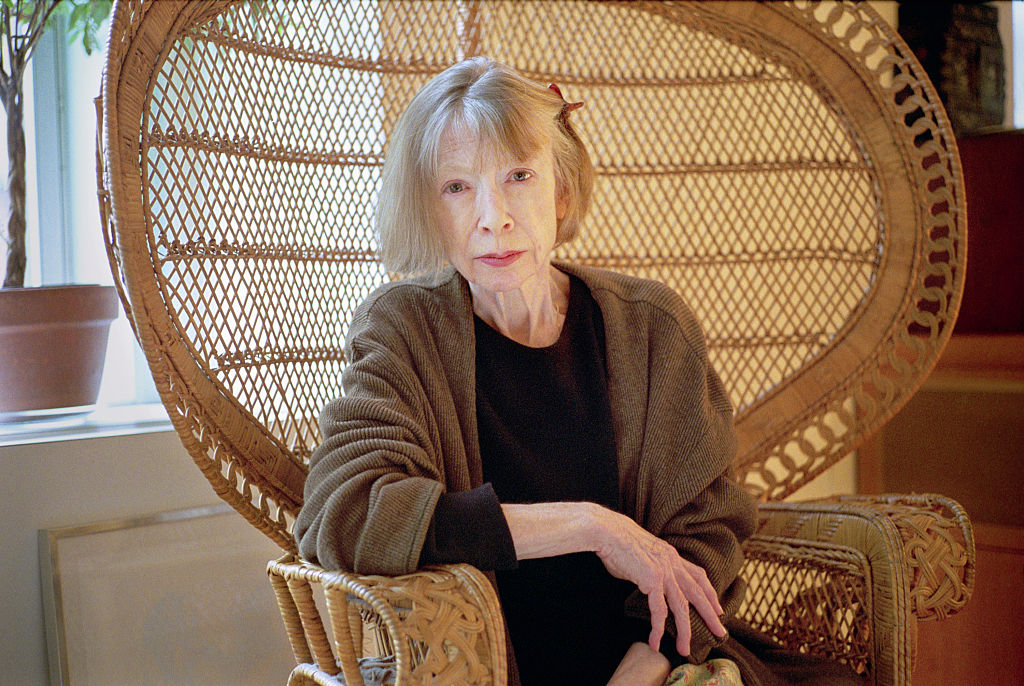
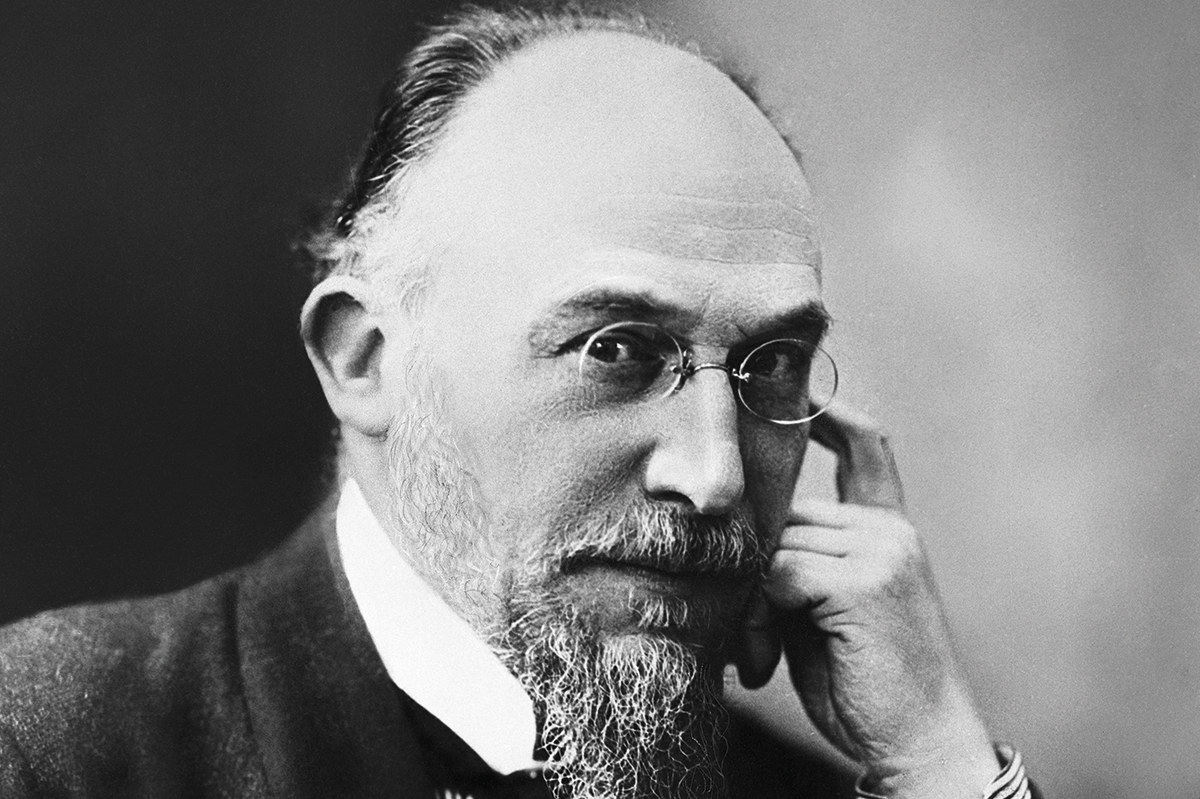







Leave a Reply